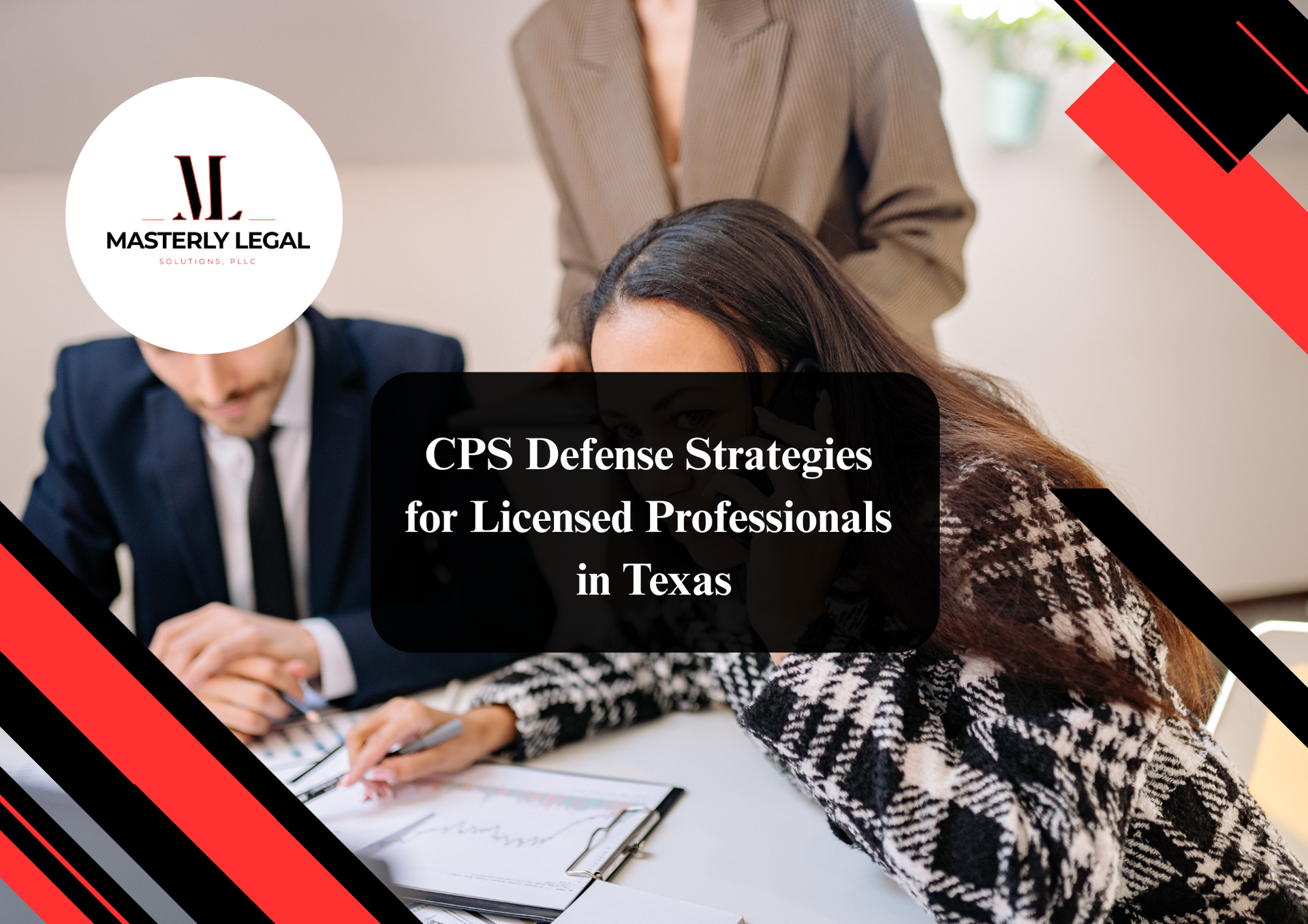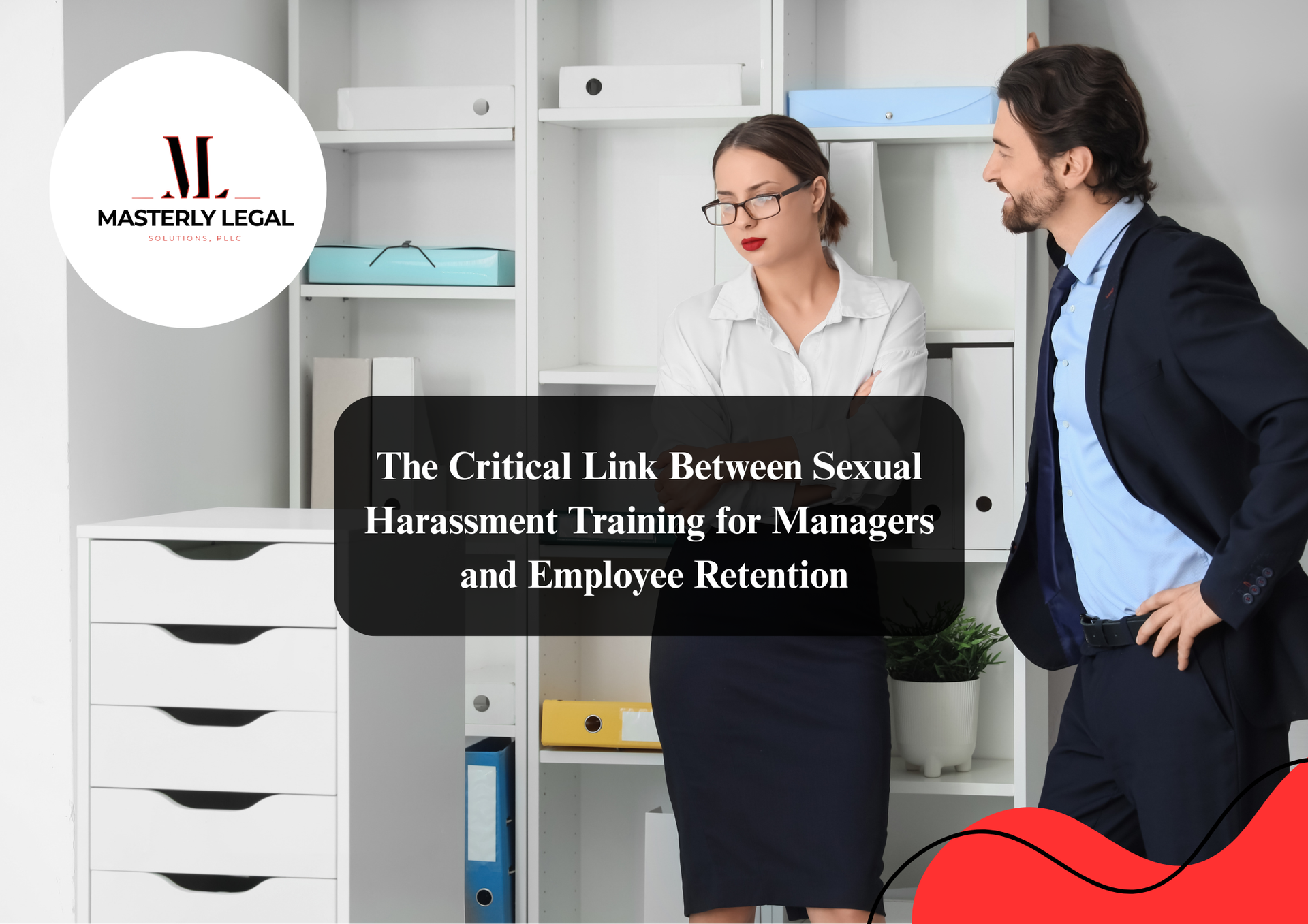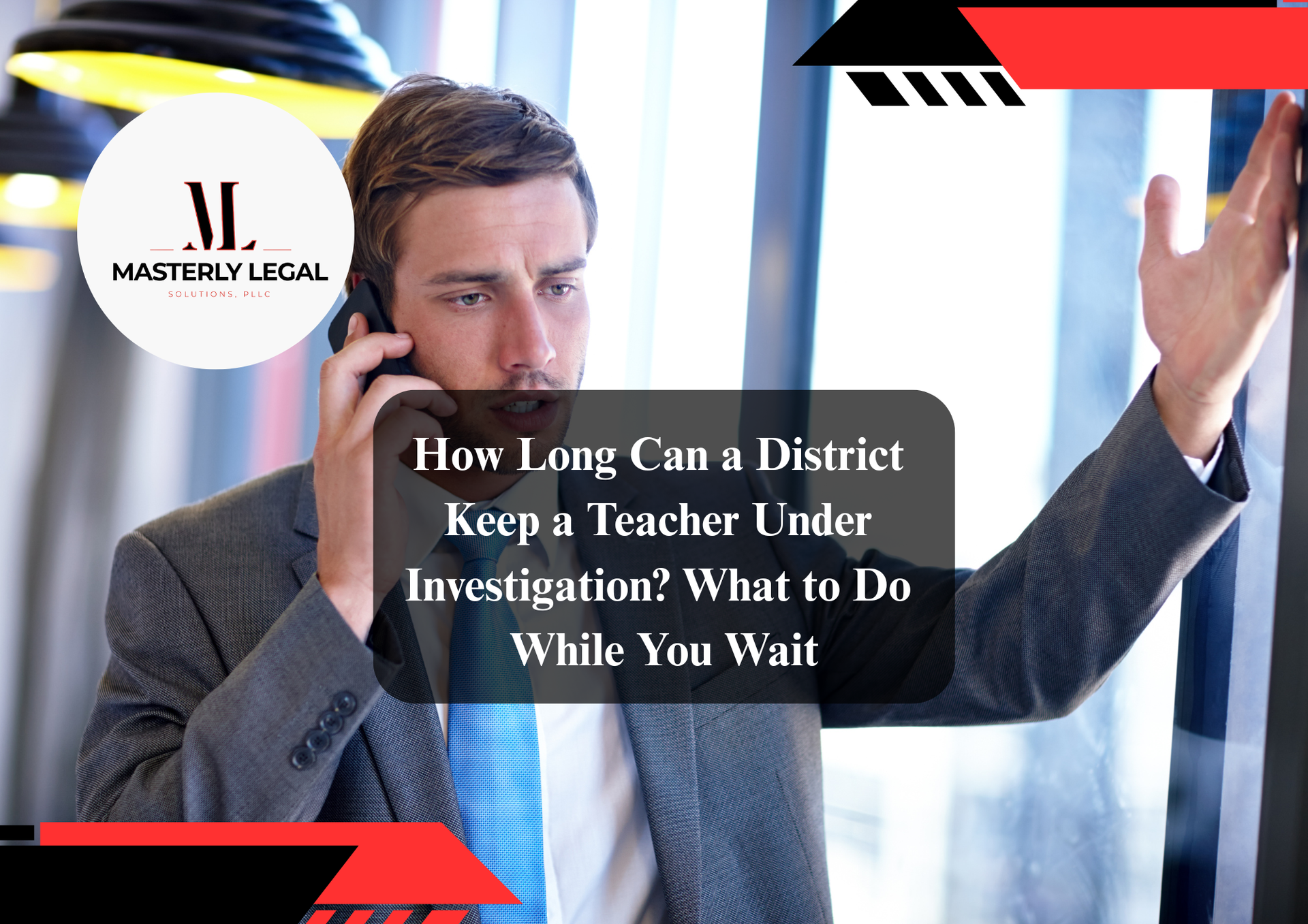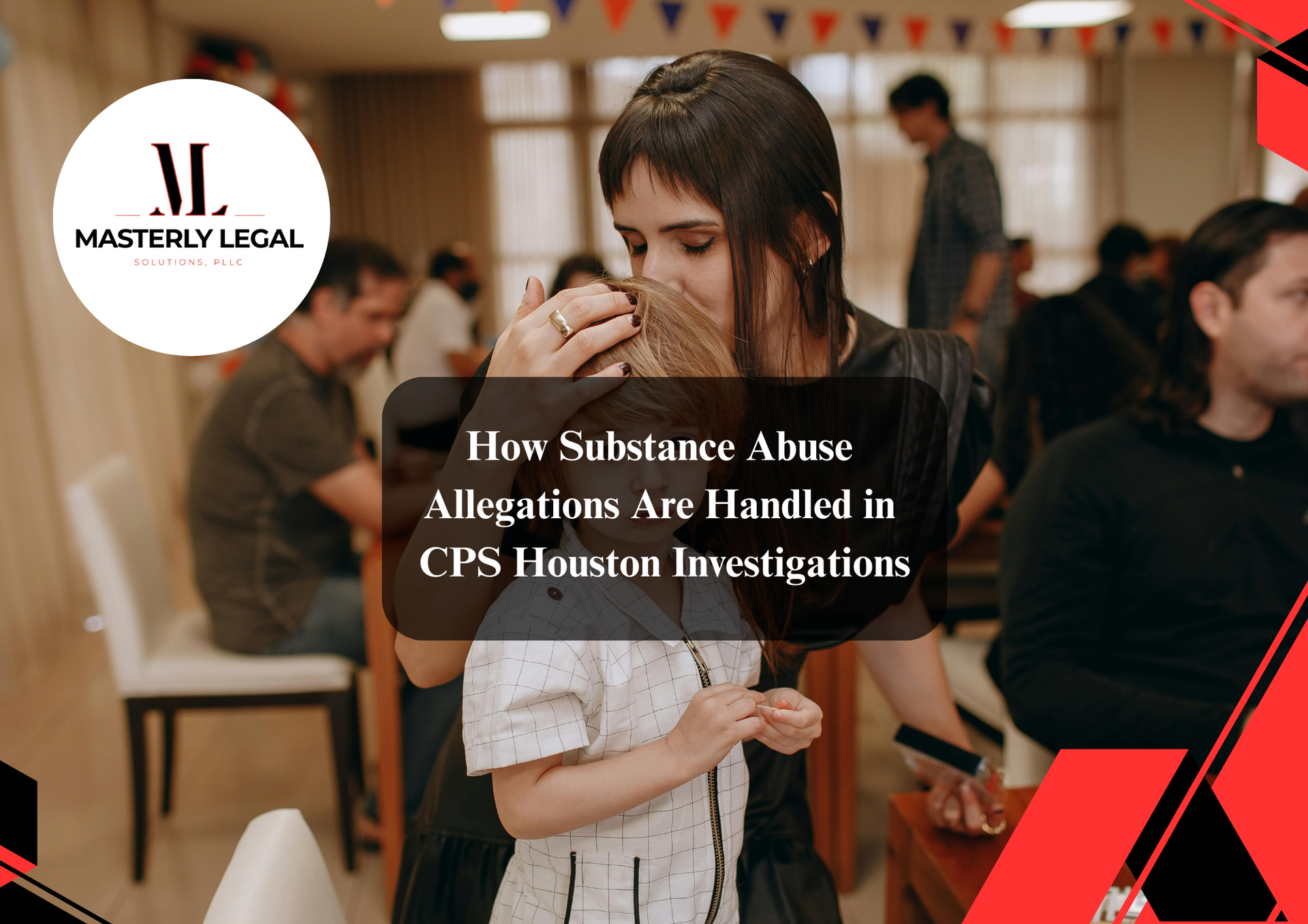One Registration Won’t Cover It All: Copyright and Trademark Must Work Together
Understanding the Scope of Intellectual Property
Intellectual property (IP) is the backbone of any business or creative endeavor. From your brand name to the content you create, each element deserves legal protection. However, assuming that one type of registration will safeguard everything is a costly mistake.
Many business owners and content creators falsely believe that securing a single registration is enough. In reality, copyright and trademark serve different but equally critical roles in protecting your business assets. Recognizing the need for both can prevent serious legal and financial setbacks.
Defining Copyright and Trademark
Before diving into strategy, it’s essential to clarify what each type of protection covers.
What Is Copyright?
Copyright automatically protects original works of authorship, including:
- Literary works
- Music and lyrics
- Photographs and videos
- Software code
You don’t need to register for copyright protection to exist, but registration with the U.S. Copyright Office provides added legal benefits. This includes the ability to sue for damages and attorneys’ fees in the event of infringement.
What Is a Trademark?
A trademark is a word, phrase, symbol, or design that distinguishes your goods or services. It can include:
- Brand names
- Logos and symbols
- Slogans and taglines
- Product packaging
- Sound marks or colors
Unlike copyright, a trademark application must be filed through the United States Patent and Trademark Office (USPTO) to obtain federal rights. This begins a trademark application process that includes review by an examining attorney, possible office action, and publication in the trademark official gazette.
When Copyright Alone Falls Short
If you produce digital content, you may think copyright protection is enough. That mindset can leave your brand wide open. Copyright will protect your video or website design, but it won’t cover your business name, logo, or slogan—that’s trademark territory.
Failing to register your brand with the trademark office means someone else could file for the same or similar mark and secure rights before you do. Without trademark registration, even well-established businesses can find themselves in legal jeopardy.
Real-World Example: When Brands Get Burned
Imagine investing years into building your brand identity, only to find a competitor has filed a trademark application for your business name. Your content is copyrighted, but your trademark rights aren’t legally enforceable.
In a case like this, copyright protection won’t help. You need federal trademark protection to stop them. The filing process can be lengthy, but it’s a small price to pay to secure your brand’s future.
Key Differences That Affect Legal Strategy
Understanding the copyright vs trademark distinction is essential for every brand owner looking to safeguard their intellectual property effectively. While both forms of protection serve valuable purposes, they apply to different aspects of your business and require unique approaches.
Copyright is designed to protect original creative works such as articles, music, artwork, videos, and literary content. It arises automatically upon creation but can be strengthened through registration with the U.S. Copyright Office. Typically, copyright protection lasts for the life of the author plus 70 years, or a set term for corporate works.
Trademarks, on the other hand, protect brand identifiers—elements like your logo, business name, slogan, and even product packaging or unique sound marks. For a trademark to be fully protected by the federal government, it must be registered with the USPTO. Unlike copyright, trademark rights last as long as the mark is used consistently in commerce and properly maintained through renewals.
While copyright registration is optional, trademark registration is considered mandatory for those seeking comprehensive and enforceable legal protection for their brand identity. Failing to register a trademark means you may have limited rights and difficulty enforcing them in court or through the USPTO.
By using both types of registration strategically, you strengthen your brand from multiple legal angles—protecting both your creative output and your marketplace identity.
How Trademarks Add Long-Term Value
Trademarks are not just about protection—they're about equity and growth. A strong trademark can become a valuable business asset.
Trademarks can:
- Increase company valuation
- Strengthen consumer trust
- Support expansion to new markets
- Open up licensing opportunities
Failing to register trademarks means missing out on these strategic advantages. The registration process may involve responding to office actions, monitoring the trademark official gazette, and even defending your mark in a trademark trial before the appeal board.
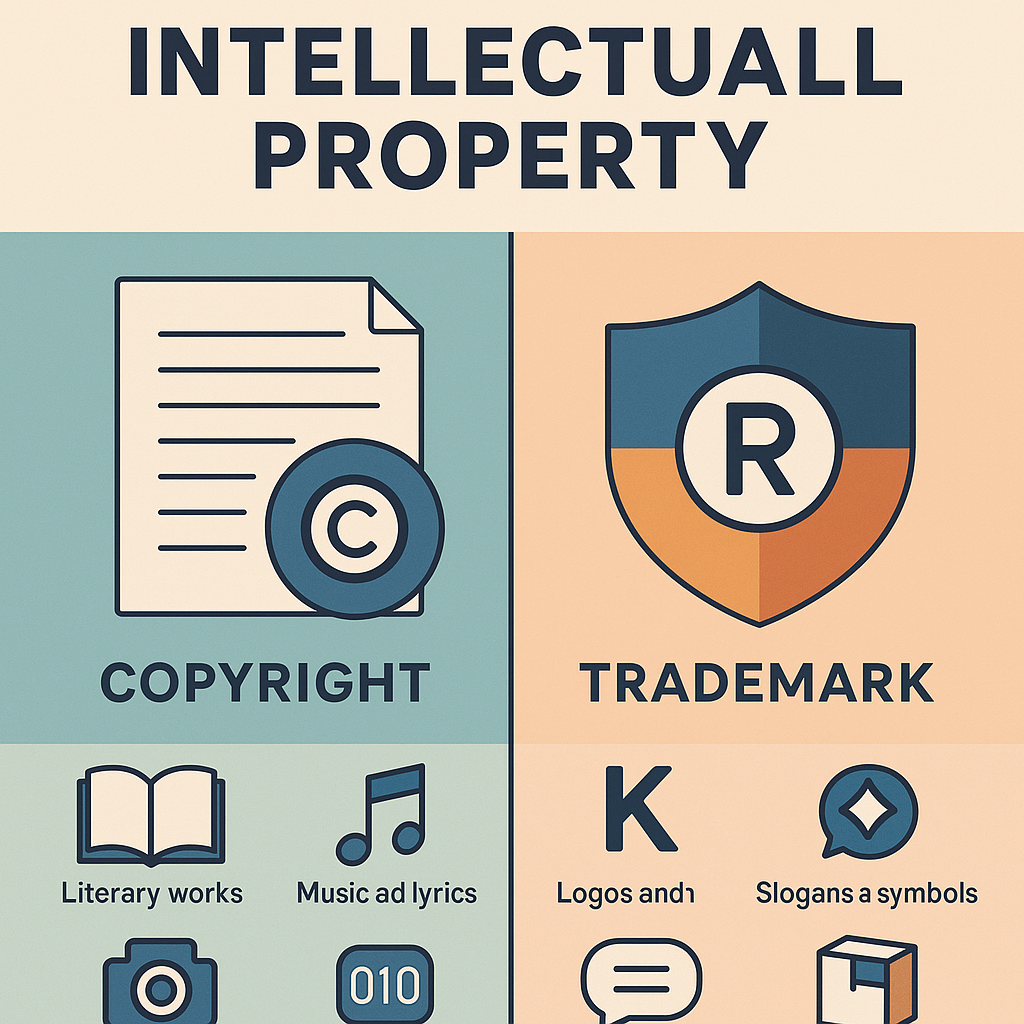
The Cost of Confusion: Legal and Financial Risks
Not understanding the need for both copyright and trademark can lead to:
- Trademark infringement lawsuits
- Brand dilution
- Lost market share
- Higher filing fees due to corrections or multiple applications
The complex process of managing intellectual property requires legal expertise. That’s where a trademark attorney becomes indispensable.
Navigating the Trademark Application Process
The trademark application process begins with a trademark search to ensure your specific trademark isn’t already registered. Skipping this step can result in a final refusal and lost filing fees.
Working with an experienced trademark attorney ensures that:
- Your filing basis is correct
- Your application is properly submitted to the trademark center
- You avoid unnecessary additional fees
This professional guidance is especially crucial for small businesses without an internal legal team.
What the USPTO Looks For
The examining attorney at the USPTO will evaluate your application for:
- Likelihood of confusion with existing marks
- Compliance with trademark law
- Completeness and accuracy of documentation
If the application does not meet these requirements, the USPTO will issue an office action. You must respond within a limited time or risk losing your filing entirely.
The Role of a Trademark Attorney
A qualified trademark attorney helps with every step:
- Conducting a comprehensive trademark search
- Preparing the trademark application
- Responding to office actions
- Representing clients during a trademark trial or appeal
- Advising on foreign registration if you sell internationally
With the right law
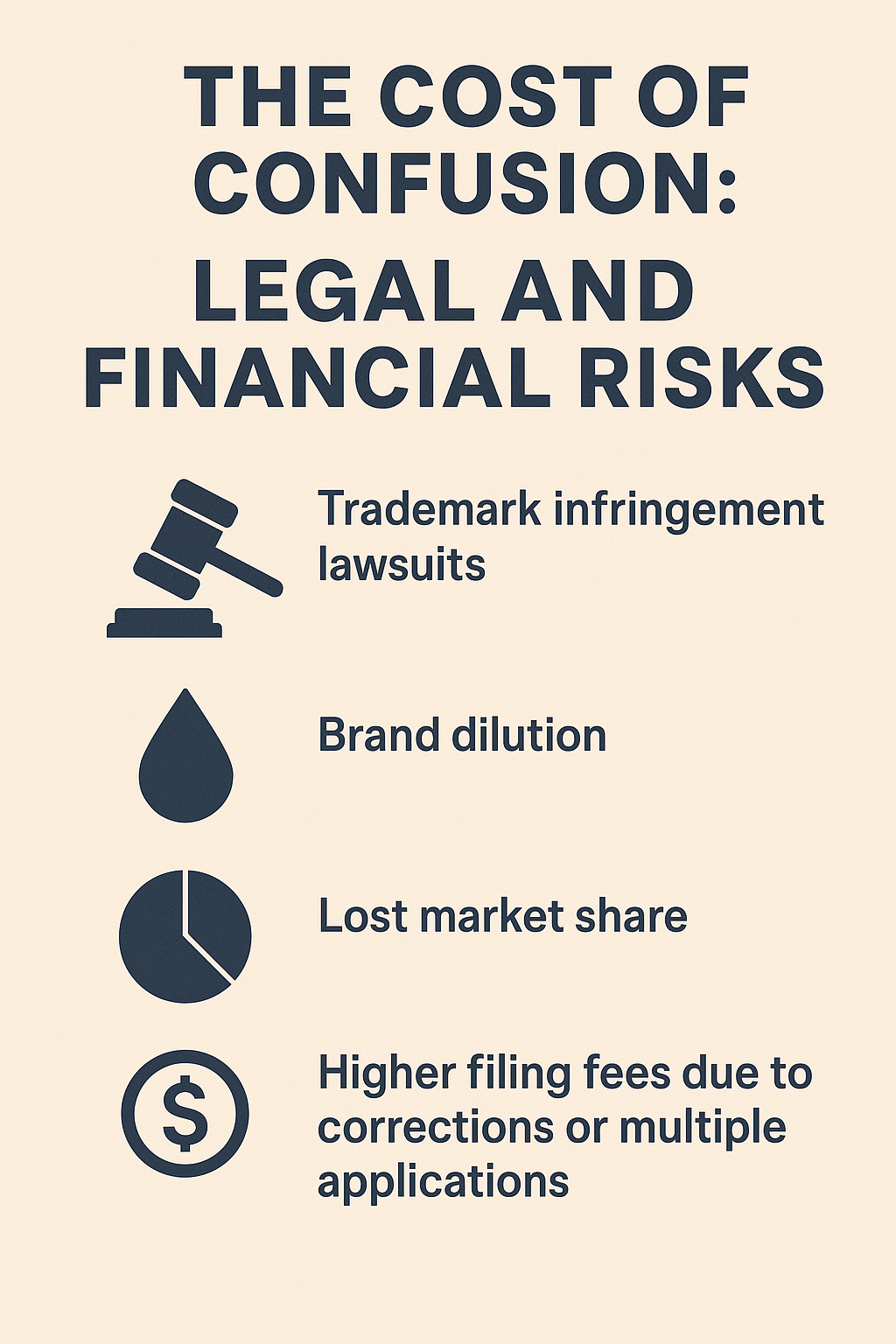
Don’t Rely on One Form of Protection
Assuming that a copyright or single trademark registration is enough can leave you vulnerable. These tools must be used in tandem to ensure total legal protection.
Remember:
- Copyright protects the content you create
- Trademark protects the brand you build
Only by combining both can you truly safeguard your business, your clients, and your creative work.
Registering Trademarks with Confidence
If you're planning to register trademarks, make sure you:
- Work with experienced ip attorneys
- Use professional tools for your trademark search
- Choose the correct filing basis
- Monitor the publication phase
- Avoid mistakes that delay or derail your application
Your brand deserves more than a patchwork of protections. It deserves a fully integrated strategy supported by a knowledgeable attorney and an experienced law firm.
A Legal Strategy That Matches Your Ambition
Whether you’re launching a new brand, expanding into new markets, or defending your trademark rights, the right legal strategy can make all the difference.
A solo application without legal oversight can lead to infringement, final refusal, and missed revenue. But with the right team, your intellectual property becomes a shield and a springboard.
Missing a Notice Can Jeopardize Your Trademark Application
Once your trademark application is submitted to the USPTO, it enters a critical review phase that includes potential publication in the trademark official gazette. During this period, third parties have an opportunity to oppose your mark. If you receive a notice of opposition or an office action, failing to respond accurately and within the specified timeframe can lead to delays, denials, or even abandonment of your filing.
These notices aren’t just formalities—they are legally binding communications that could affect your ability to register trademarks or enforce your trademark rights. Working with a skilled trademark attorney ensures you never miss a notice and have a proactive legal response strategy in place to protect your brand from unnecessary obstacles.
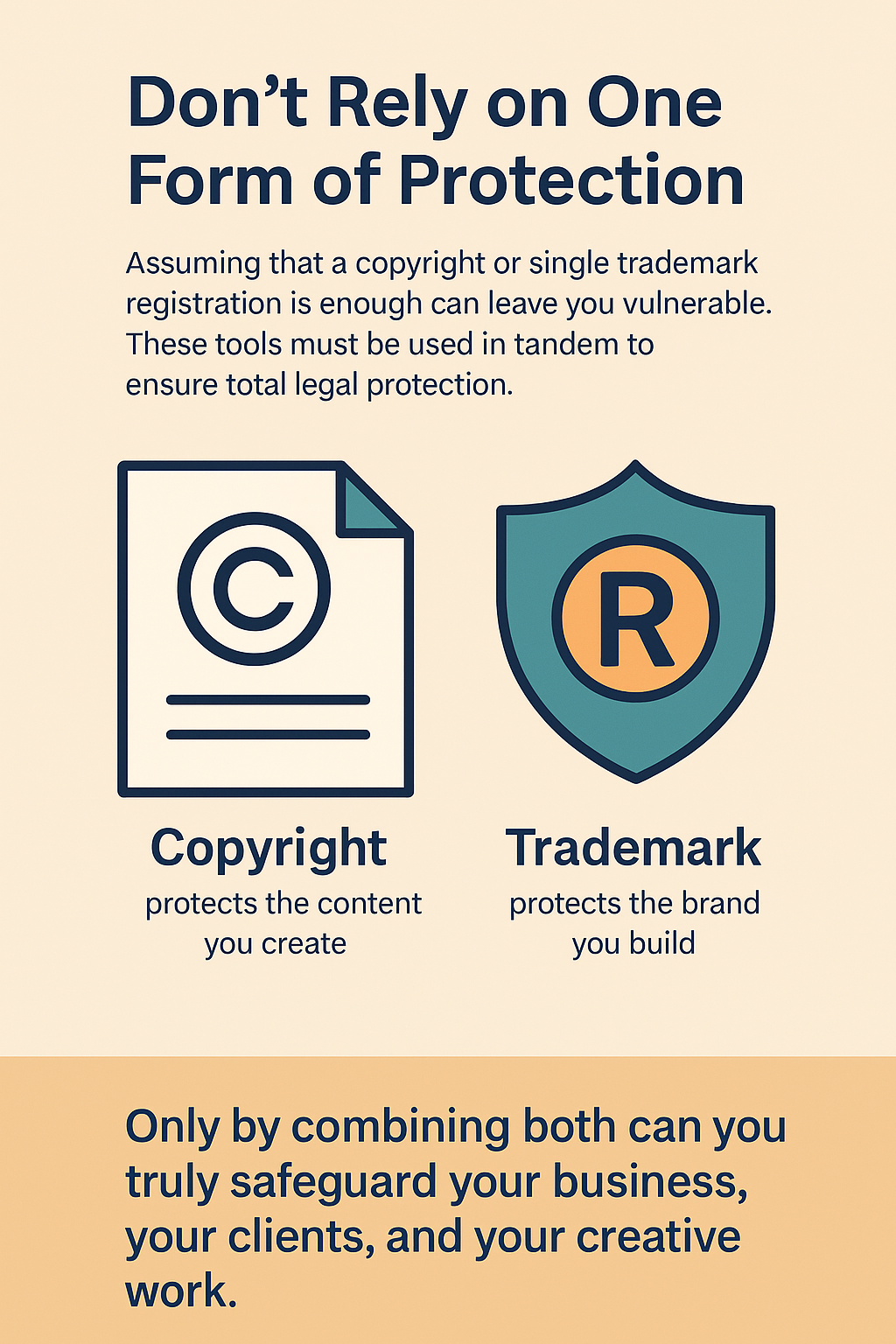
The Importance of an Accurate Statement in Your Trademark Filing
Submitting a trademark application involves more than choosing a name or logo—it requires a detailed statement that clearly defines your use of the mark in commerce. Whether you’re filing based on current use or an intent to use, your statement must be truthful, complete, and strategically worded. The USPTO relies heavily on this portion of the filing to determine if your application meets the legal requirements under trademark law.
An inaccurate or vague statement can lead to rejection, additional filing fees, or future vulnerability if your registration is challenged. That’s why working with a knowledgeable trademark attorney during the trademark registration process is essential to ensure your statement supports long-term protection.
Integrated Legal Services That Cover Every Angle of Your Brand Protection
At Masterly Legal Solutions, we don’t believe in one-size-fits-all answers when it comes to intellectual property. Our trademark and copyright services are tailored to meet the specific needs of your business, whether you're a content creator, entrepreneur, or established company. From conducting a comprehensive trademark search to guiding you through the full trademark registration process, we offer hands-on support that minimizes risk and maximizes legal protection.
Our firm also assists with responding to office actions, enforcing your rights through legal action if necessary, and advising on how to align copyright protection with your branding services. The goal isn’t just to help you file—it’s to help you build a defensible brand that supports long-term growth and trust.
Understanding Trademark Law: Why One Form of Protection Isn't Enough
To effectively safeguard your brand, it’s important to understand how trademark law differs from other areas of intellectual property. While copyright may protect your creative content, trademark law is what governs your ability to control how your brand identifiers—such as names, logos, or slogans—are used in the marketplace. This legal framework is what allows trademark owners to enforce their rights, pursue legal action against infringers, and maintain exclusive use of their mark across industries and regions.
Without properly registering under the protections offered by trademark law, your ability to defend your brand can be significantly weakened. That’s why even businesses with copyrighted content must still go through the trademark registration process if they want full, enforceable control over their branding elements. A dual approach is not just a best practice—it’s a legal safeguard.
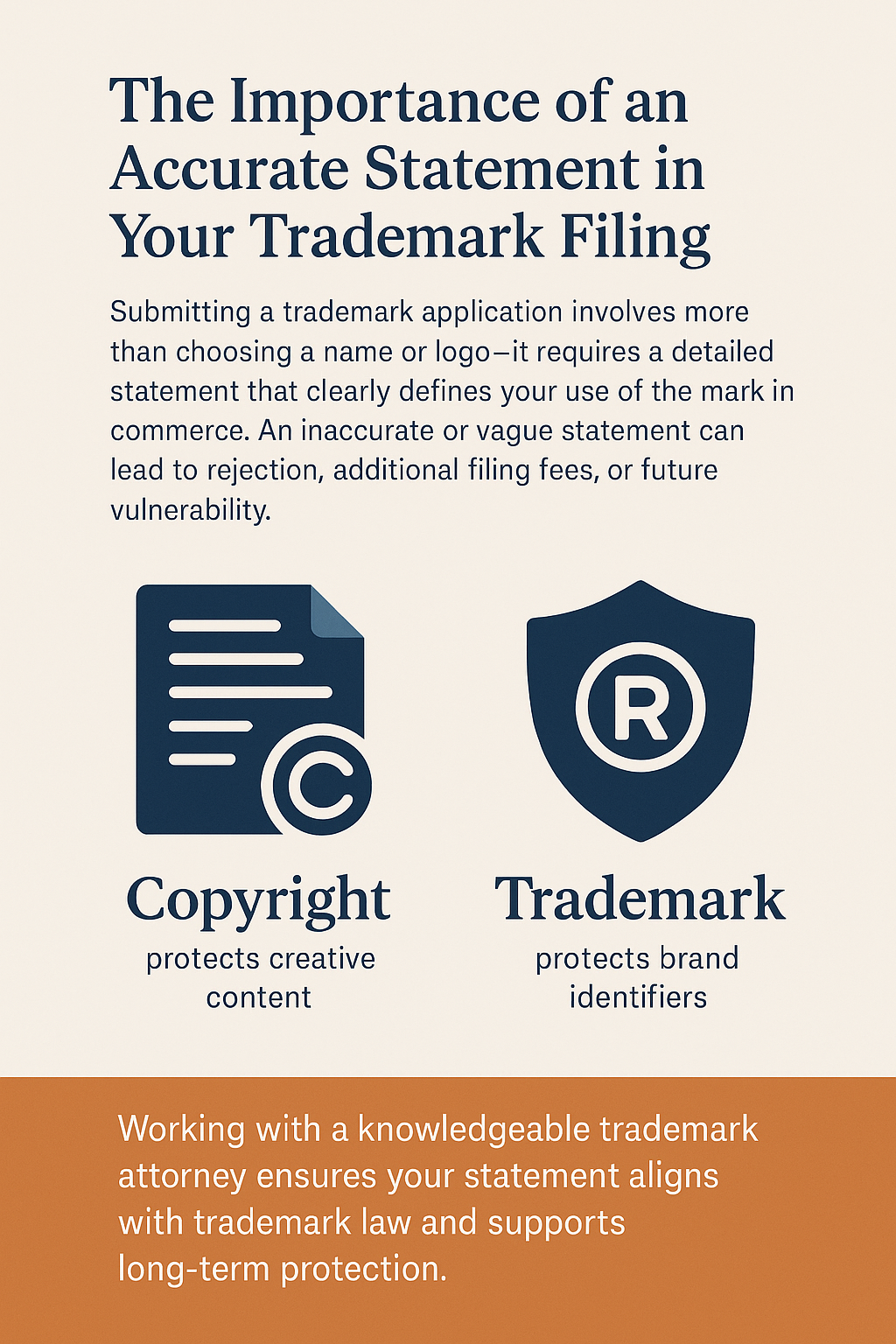
Strengthening Your Legal Position with the Right Filing Intent and Documentation
When starting the trademark registration process, one of the most critical decisions is selecting the correct filing basis—whether based on current commercial use or a bona fide intent to use the mark in the future. This decision impacts how your trademark application is evaluated and can determine the strength of your eventual legal protection. With thousands of trademark applications filed each year, ensuring accuracy in your statement of use or intent to use is essential to avoid delays or rejections.
Failing to properly document your claim could result in an official notice from the USPTO or even expose you to potential legal action if your mark is found to conflict with others. Keeping a consistent and dated log of how your mark is used in commerce—such as through product labels, websites, or advertisements—can serve as compelling evidence if your trademark rights are ever challenged. That level of preparation is not just smart—it's necessary for serious brand owners.
Copyright vs Trademark: Know the Legal Limits of Each
Many business owners and creatives make the critical mistake of assuming that copyright and trademark offer the same type of protection. The reality is that understanding copyright vs trademark is essential to building a solid legal foundation for your brand. Copyright protects original works like videos, artwork, and written content, while trademark law governs the protection of your brand name, logo, and other identifiers used in commerce.
Failing to recognize the limits of each could leave major components of your business unprotected. For example, copyright may cover your product packaging design, but without a valid trademark registration, your brand name or slogan could still be used by competitors. It’s not about choosing one over the other—it’s about using both strategically to ensure comprehensive protection.
Don't Guess. Get Legal Guidance Now.
At Masterly Legal Solutions, we help trademark owners, creatives, and entrepreneurs protect what they've built. Our team understands that filing a trademark application is more than paperwork—it's the cornerstone of your brand's legal identity.
You don't have to navigate the complex process of IP protection alone. Whether you need to register trademarks, perform a comprehensive trademark search, or respond to an office action, we're here to help.
Contact us at (972) 236-5051 for a free consultation. Let us answer your questions about trademark registration, copyright, brand protection, and navigating the USPTO. Our attorneys are ready to make your intellectual property work for you.
This article is not legal advice; rather, it is merely informational. For individualized legal advice, please speak with a qualified lawyer.
Looking for Legal & Business Solutions? Contact Us Now
Fill in the form or call us to set up a meeting




